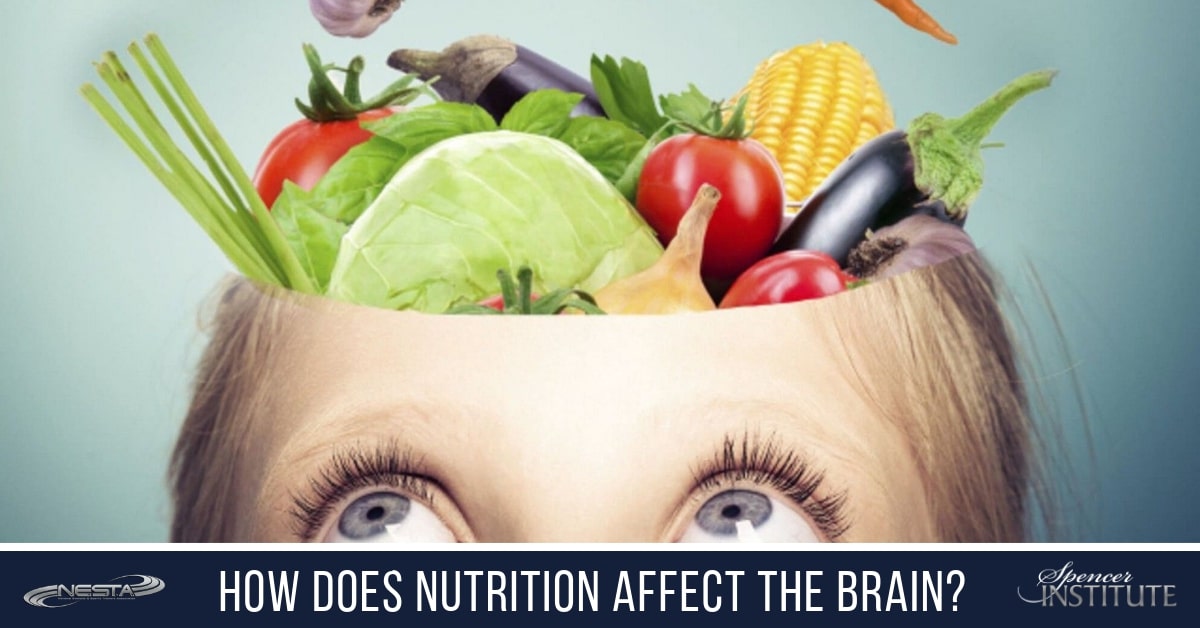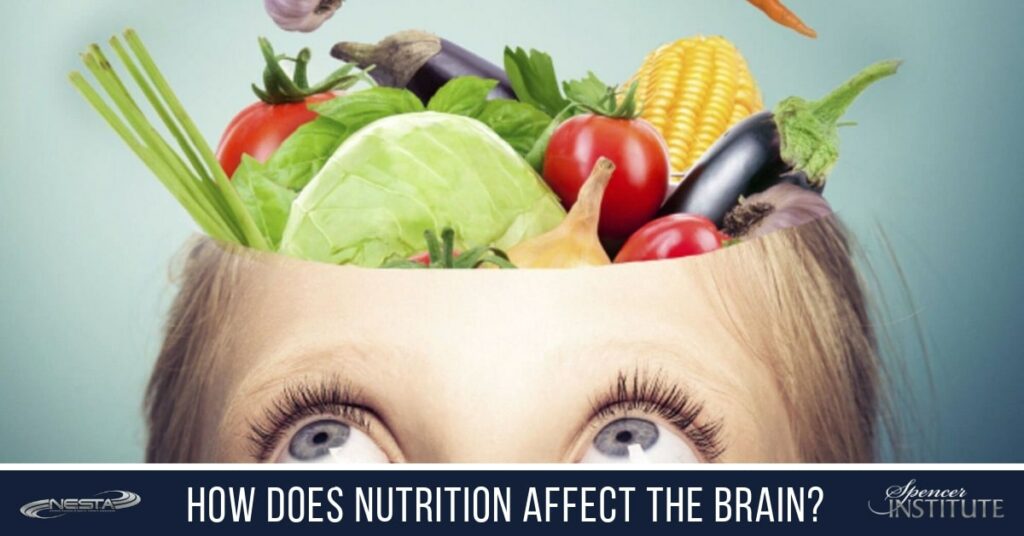 What you eat isn’t just about keeping your muscles strong or your waistline small – it’s about keeping your brain healthy as well. The foods you eat, especially foods high in antioxidants, can help ward off dementia and improve your brain health.
What you eat isn’t just about keeping your muscles strong or your waistline small – it’s about keeping your brain healthy as well. The foods you eat, especially foods high in antioxidants, can help ward off dementia and improve your brain health.
To boost your brainpower and nourish your mental health for a longer, more productive life, load up on these suggested brain foods:
Fatty Fish
When people talk about brain foods, fatty fish is often at the top of the list. This type of fish includes salmon, trout, and sardines, which are all rich sources of omega-3 fatty acids. About 60% of your brain is made of fat, and half of that fat is the omega-3 kind. One study found that people who ate baked or broiled fish regularly had more gray matter in their brains. Gray matter contains most of the nerve cells that control decision making, memory, and emotion.
Coffee
Two main components in coffee — caffeine and antioxidants — help your brain. The caffeine in coffee has a number of positive effects on the brain, including Increased alertness, improved mood and sharpened concentration.
Blueberries
Blueberries provide numerous health benefits, including some that are specifically for your brain. Blueberries are packed with antioxidants that may delay brain aging and improve memory. Some of the antioxidants in blueberries have been found to accumulate in the brain and help improve communication between brain cells.
Turmeric
This deep-yellow spice is a key ingredient in curry powder and has a number of benefits for the brain. Curcumin, the active ingredient in turmeric, has been shown to cross the blood-brain barrier, meaning it can directly enter the brain and benefit the cells there. To reap the benefits of curcumin, try cooking with curry powder, adding turmeric to potato dishes to turn them golden or making turmeric tea.
Broccoli
Broccoli is packed with powerful plant compounds, including antioxidants. It’s also very high in vitamin K, delivering more than 100% of the Recommended Daily Intake in a 1-cup serving. This fat-soluble vitamin is essential for forming sphingolipids, a type of fat that’s densely packed into brain cells.
Pumpkin Seeds
Pumpkin seeds contain powerful antioxidants that protect the body and brain from free radical damage. They’re also an excellent source of magnesium, iron, zinc, and copper. Zinc deficiency has been linked to many neurological conditions, including Alzheimer’s disease, depression and Parkinson’s disease. Magnesium is essential for learning and memory. Low magnesium levels are linked to many neurological diseases, including migraines, depression, and epilepsy. Your brain uses copper to help control nerve signals. And when copper levels are out of whack, there’s a higher risk of neurodegenerative disorders, such as Alzheimer’s. Iron deficiency is often characterized by brain fog and impaired brain function.
Dark Chocolate
The flavonoids in chocolate gather in the areas of the brain that deal with learning and memory. Researchers say these compounds may enhance memory and also help slow down age-related mental decline. In one study including over 900 people, those who ate chocolate more frequently performed better in a series of mental tasks, including some involving memory, than those who rarely ate it.
Nuts
Nuts can improve cognition and even help prevent neurodegenerative diseases. Several nutrients in nuts, such as healthy fats, antioxidants, and vitamin E, may explain their brain-health benefits. While all nuts are good for your brain, walnuts may have an extra edge, since they also deliver omega-3 fatty acids.
Oranges
You can get all the vitamin C you need in a day by eating one medium orange. Vitamin C is a powerful antioxidant that helps fight off the free radicals that can damage brain cells. Plus, vitamin C supports brain health as you age. Eating sufficient amounts of vitamin C-rich foods can protect against age-related mental decline and Alzheimer’s disease.
Eggs
Eggs are a good source of several nutrients tied to brain health, including vitamins B6 and B12, folate, and choline. Higher intakes of choline were linked to better memory and mental function and the B vitamins may help slow the progression of mental decline in the elderly.
Starting Your Nutrition Coaching Career
If you want to help clients with food, diet, weight management and improving the results of their fitness routines, the Fitness Nutrition Coach course is for you. You will learn about optimal nutrition, including proven techniques for increasing energy, optimal health and decreased dependence on medications. Instantly increase your job and career opportunities with this popular professional credential.
You can become a Certified Personal Fitness Chef and expand your current personal chef business, or add a new profit center for your fitness or wellness business. Many personal chefs cook and coach people in groups to help more people and earn more money per hour. Some chefs provide weekly meal prep service for health-minded customers and athletes.
Check out what it takes to start a career in personal fitness training. This is your most affordable and fastest way to become a highly qualified personal trainer.
NESTA coaching programs are open to anyone with a desire to learn and help others. There are no prerequisites.
That’s it for now.
Take action!
PS: Click here to see many helpful business/career resources







